Directory
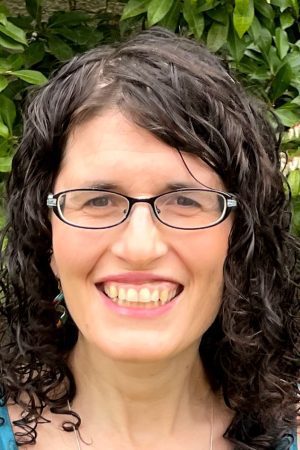
Elise Berman’s current work centers on language and schooling among Marshallese migrants in the U.S. She has partnered with several colleagues to write analyses of COVID-19 and remote schooling and a dialect analysis of Marshallese English as spoken by children in the U.S. Currently, she is spearheading a project (with Rebecca Roeder and Vicki Collet) analyzing children’s language practices and how they correspond, or fail to correspond, with English Learner status assignments.

My work focuses on Mexico as a target rather than source of international migration, particularly in historical terms, with special emphasis on the period 1850-1950. I am the author of a book, Tools of Progress: A German Merchant Family in Mexico, 1865-Present, that discusses a case study, as well as several articles and book chapters discussing immigrant communities in Mexico.
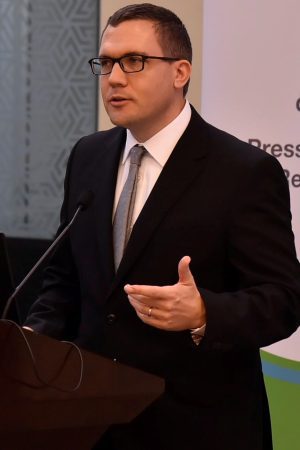
I am a geographer and interdisciplinary social scientist who studies migration, labor markets, and economic development. While all of my research is situated in a global context, my regional specialization is in the Middle East, where I have conducted empirical and theoretical research on migration dynamics in the Arab Gulf States. Before UNC Charlotte, I was a faculty member at Qatar University’s Social and Economic Survey Research Institute (SESRI) and also at Texas A&M University.
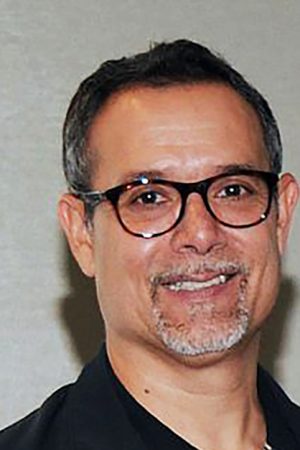
José’s research explores questions of culture in architecture and urbanism through action-based research and public scholarship. His work has been published in Aztlán: A Journal of Chicano Studies, Places: A Forum of Environmental Design, The Journal of Urbanism, The Journal of Applied Geography, Writing Urbanism, Expanding Architecture, and Latino Urbanism: The Politics of Planning, Policy and Redevelopment.

Jacquelyn Garcia has engaged in clinical social work with children and their families to support processing traumatic experiences experienced prior to or during migration. She has delivered multiple trainings in the community and at schools to support professionals in developing cultural humility and identify best practices when working with individuals who have experienced trauma during migration.
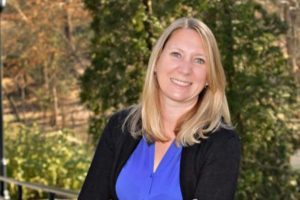
My research and teaching broadly consider questions of social justice in urban food systems across the Americas. I teach undergraduate and graduate courses in urban geography, food systems, migration, and qualitative research methods. My research focuses on better understanding how migrants create and experience urban places through food relationships in an effort to create a more sustainable and equitable food system.

Movement Migration is a collective of seasoned dance artists directed by Kim Jones, the group members come from many places in the world and span four decades in age. From these varied backgrounds, the artists bring their passions, freedom, and inexplicable beauty of expression. “Migration” signals the transformation and convergence of technical training and individual approaches into a collective creativity that traverses cultural boundaries and transfers movement knowledge from person to person and community to community.
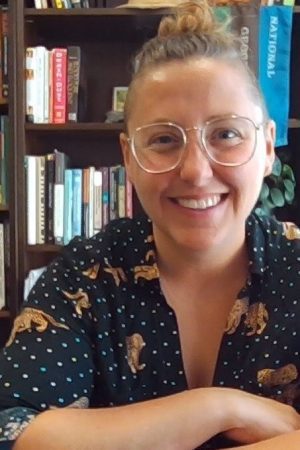
I study human skeletal remains from archaeological sites in order to answer questions about past human societies, primarily in South America. As in the modern day, past peoples often moved long and short distances for various reasons: to facilitate trade, to expand their families, to evade violence, among others. These movements are recorded on the human skeleton through strontium isotopes, biomolecular indicators tied to geology. By reconstructing ancient migration, we can learn more about past identities, communities, and environments.

Lan Kolano is an educational researcher who focuses on the academic, language, and identity development of immigrant learners, and in the fostering of critical multicultural efficacy in teacher preparation programs. She has recently published “Rising Up in Solidarity: Southeast Asian Immigrant Youth Activism in North Carolina” in the Handbook of Social Justice Interventions in Education (2020) and “Transforming Preservice Teacher Perceptions of Immigrant Communities Through Digital Storytelling” in the Journal of Experiential Education (2021).
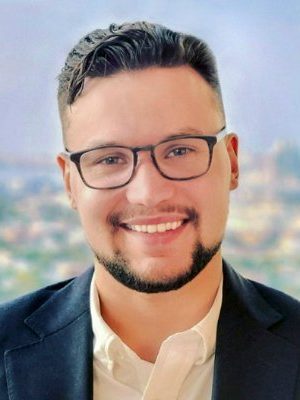
Alexander Kustov is an Assistant Professor of Political Science and Political Administration at the University of North Carolina at Charlotte. His research focuses on public and policy responses to immigration and ethnic conflict in high-income countries. His book project “Borders of Compassion” examines under what conditions most people accept more open immigration policies. Prior to his appointment at UNC Charlotte, Alexander was a postdoctoral associate at Yale University and received his Ph.D. in Politics and Social Policy from Princeton University.
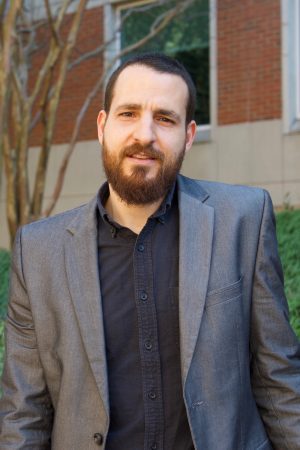
My work is situated at the intersection between culture and politics, and I specialize in 20th- and 21st-century literature and visual studies. I am currently working on a book project tentatively titled “Denizens! On Foreigners, Invaders, and Other Outsiders.” This book takes a wide-ranging view on migration, mobility, and flow, and considers—against the grain of the idea of citizenship—how issues such as colonization, migration, the environment, labor, and the future of the human shed light onto an alternative way of being in the world.
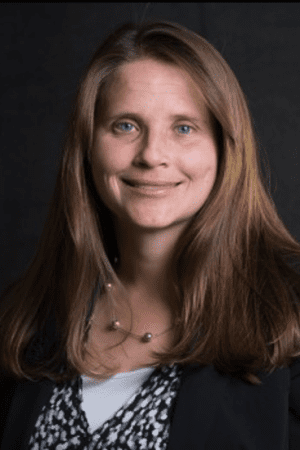
Dr. Potochnick is an assistant professor in Sociology and Public Policy at UNC Charlotte. Her research examines the social demography of immigration and how programs and policies can promote the education and health of immigrant children and families. Current projects examine how federal immigration raids and local-level immigration enforcement policies affect school investment decisions of immigrant families, and how settlement in new immigrant growth areas like Charlotte, NC affects health and health care access of immigrant children.
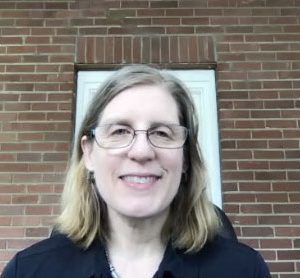
Rebecca Roeder is a sociolinguist who studies North American dialects of English, focusing on change in urban areas affected by migration. She has taught in the English department at UNC Charlotte since 2008. Her work has appeared in various books and journals, including Journal of English Linguistics, World Englishes, and Transactions of the Philological Society. Previous research examined Mexican American English in Michigan. Current projects explore dialect change and variation in Charlotte and Springdale, Arkansas, as well as across Canada.

Tina Shull is a public historian of race, immigration enforcement, and climate migration in the modern US and World. Her current book project explores the rise of migrant detention in the 1980s as a form counter-insurgency in Reagan’s Cold War on immigrants. Shull has been awarded a Soros Justice Fellowship from the Open Society Foundations for her work in immigration detention storytelling, and a National Geographic Documenting Human Migrations education grant for directing the digital history project Climate Refugee Stories.

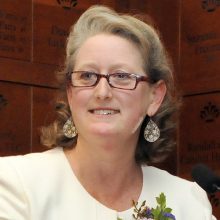
My research explores immigrant settlement, adjustment and receptivity in North American cities with a focus on vulnerable populations and neighborhoods. Through the lenses of Geography and community-engaged research, I have examined relations between concentrated poverty and an immigrant “underclass” in Canada’s largest cities and explored Latinx migration dynamics in Charlotte, NC and other 21st Century gateways. New research investigates the migration choices and experiences of Canadians settling and unsettling in the so-called New South.
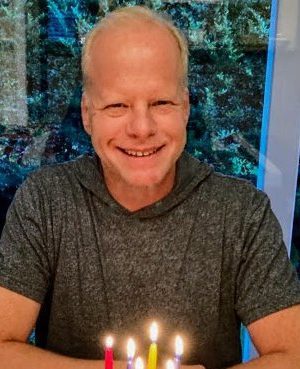
James Walsh is Professor of Political Science and Public Administration at the University of North Carolina at Charlotte. He holds a PhD in International Relations from American University. His research interests include natural resources and conflict, human rights violations, and forced displacement and return. His work has been supported by the Army Corps of Engineers, the Department of Homeland Security, and the Minerva Research Initiative and Army Research Office.
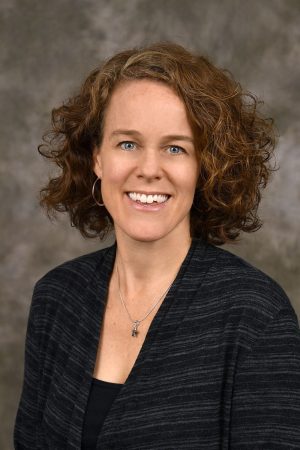
My research explores the politics of migration, especially in sub-Saharan Africa. Drawing on fieldwork in Tanzania, Kenya, and Botswana, survey experiments, and cross-national survey data, I have examined factors shaping immigration attitudes and policies, highlighting the importance of political competition. Newer lines of research explore the implementation of diaspora voting in Kenya and attitudes toward deportation in the United States. My work has appeared in various migration studies, African studies, and political science journals.
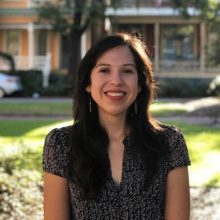
Dr. Michelle Zuñiga’s research focuses on resident perspectives of neighborhood change in areas undergoing increased investment towards sustainable urban development. She is most interested in learning how low-income communities, Latinx immigrant communities experience the benefits and disruptions of neighborhood change and their implications for environmental, social, and economic justice and equity in the planning process.